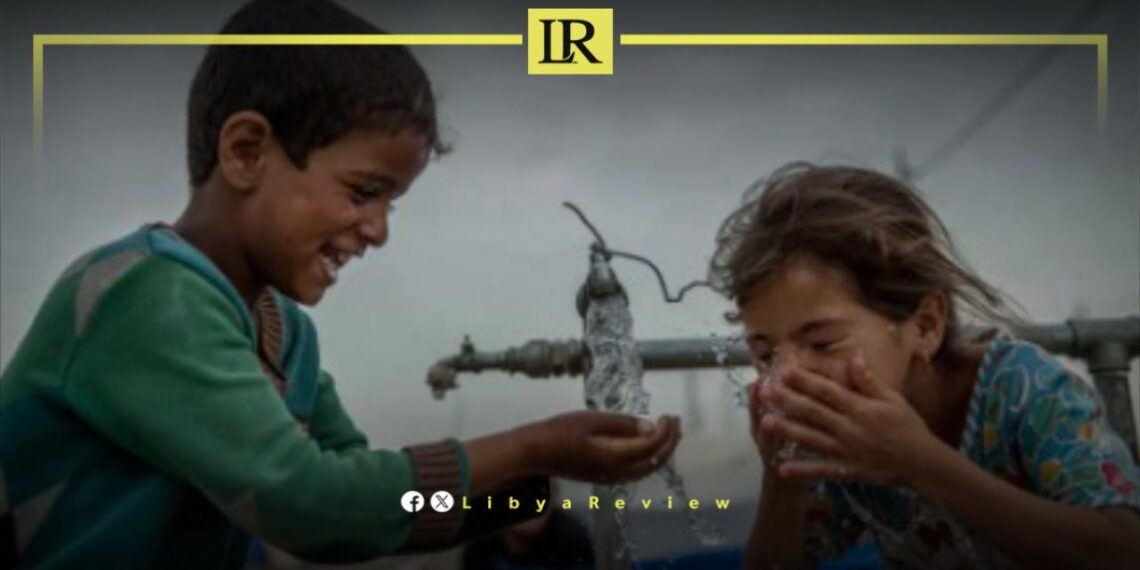Italy has taken a significant step in supporting Libya’s recovery by donating €3 million to UNICEF to enhance access to clean water, sanitation, and hygiene (WASH) services across the country.
This new partnership, announced by the Italian Agency for Development Cooperation, is focused on delivering sustainable and climate-resilient WASH solutions, particularly for Libya’s most vulnerable communities.
The agreement was formalized by Italian Ambassador to Libya, Gianluca Alberini, and UNICEF’s Representative in Libya, Mohamed El Shafii. The partnership aims to address Libya’s ongoing water crisis, exacerbated by climate change, damaged infrastructure from years of conflict, and significant population pressures. Libya is currently ranked as the sixth most water-stressed country in the world, making these interventions crucial.
Ambassador Alberini emphasized Italy’s commitment to improving the situation, stating, “This donation underscores Italy’s dedication to supporting UNICEF’s mission in Libya. Together, we aim to ensure sustainable and climate-resilient access to clean water and sanitation, particularly in the southern regions where the need is most urgent.” He also highlighted the necessity of innovative solutions to guarantee that all Libyans have access to safe, clean water, adding, “Our joint efforts will help tackle these critical challenges and contribute to a safer, more sustainable future for the Libyan people.”
Libya’s water crisis has become increasingly severe, driven by a combination of climate change, infrastructure degradation, and demographic pressures. The funding from Italy will directly address these challenges, helping to build a more resilient and sustainable WASH infrastructure across the country.
Mohamed El Shafii, UNICEF’s representative in Libya, underscored the importance of the partnership, noting, “This collaboration marks a significant advancement in addressing urgent water and sanitation needs in Libya. By focusing on sustainable and climate-adaptive solutions, we are not only improving immediate access to clean water and sanitation but also laying the foundation for long-term resilience in the most vulnerable communities.”
The initiative is expected to directly benefit more than 150,000 people, including 70,000 children, by providing them with improved access to clean water and sanitation services. Moreover, the project will reach up to one million people through awareness campaigns aimed at promoting sustainable WASH practices and enhancing resilience to climate change.


